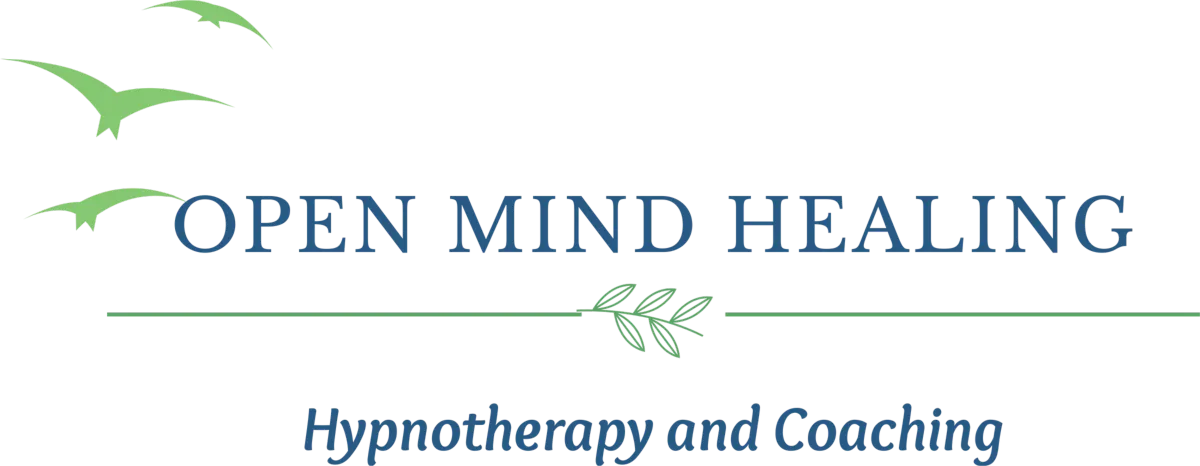Current Articles

The Tangled Web: How Emotions Can Lead to Disordered Eating
The Tangled Web: How Emotions Can Lead to Disordered Eating
Disordered eating is a complex issue with a variety of contributing factors. While societal pressures and cultural ideals often take centre stage, emotions play a significant role in the development and persistence of unhealthy eating habits. Here I explore the connection between emotions and disordered eating, highlighting the causes and potential consequences.
If you are reading this you probably already know that emotional eating is triggered by the urge to push down unpleasant emotions and it is therefore important to face those emotions head on.
Understanding The Emotional Triggers
Negative emotions are a common trigger for disordered eating behaviours. When individuals struggle with stress, anxiety, depression, loneliness, or boredom, they may turn to food for comfort or control.

Comfort Eating: Food can provide a temporary escape from negative emotions, offering a sense of pleasure and gratification.
Control Through Restriction: In response to feelings of helplessness or lack of control in other areas of life, some individuals restrict their food intake, seeking a sense of control through calorie counting or rigid dietary rules.
Purging for Relief: Binge eating followed by purging behaviours like vomiting or laxative abuse can be a way to cope with overwhelming emotions like guilt, shame, or anxiety.
Other Chronic Health Conditions as a Trigger:
I am often asked if chronic health conditions can contribute to the development of disordered eating and the answer to that is a resounding ‘YES’ and here is how:
Increased focus on food and weight:
Chronic health conditions often required dietary restrictions or adjustments. This focus on food can lead to an unhealthy obsessions and restrictive eating patterns in some individuals.
Loss of control and emotional distress: Chronic health conditions can be unpredictable and limit a person’s sense of control over their body and life. This can lead to emotional distress and a desire to control something, potentially manifesting as restricting food intake.
Body image concerns: Certain chronic health conditions can cause physical changes, which may lead to body image dissatisfaction and trigger unhealthy weight control behaviours.
Co- occurring mental health conditions: Chronic health conditions can increase the risk of depression, anxiety, or other mental health issues. These conditions often co-occur with disordered eating.

Examples:
People with Type 1 diabetes which requires strict blood sugar management, may develop disordered eating due to the constant focus on food and weight.
Individuals with chronic gastrointestinal (GI) conditions might restrict certain foods to avid flare-ups, potentially leading to restrictive eating patterns that are not good for them.
The Cycle of Disordered Eating
Unfortunately, using food to cope with emotions can create a vicious cycle. While the initial behaviour may provide temporary relief, it often leads to negative consequences:
Increased Shame and Guilt: Unhealthy eating behaviours can trigger feelings of shame and guilt, further fuelling the emotional turmoil.
Loss of Control: Restrictive eating or binge eating can lead to a sense of losing control over one's body and eating habits.
Social Isolation: Disordered eating can make it difficult to participate in social events that involve food, leading to isolation and loneliness.
Physical Health Problems: Disordered eating can have serious consequences for physical health, including malnutrition, digestive issues, and hormonal imbalances.
Breaking the Cycle:
Recognizing the link between emotions and disordered eating is the first step towards recovery. Here are some strategies to break the cycle:
Identify Emotional Triggers: Become aware of the specific emotions that trigger unhealthy eating behaviours.
Healthy Coping Mechanisms: Develop healthy coping mechanisms for managing difficult emotions, such as exercise, mindfulness meditation, journaling, or talking to a trusted friend or therapist.
Seek Professional Help: A therapist or counsellor specialising in eating disorders can provide valuable support and guidance.
Did you know that 95% of what you do is operated at a subconscious level and that your subconscious thinking is made up of beliefs created in childhood?

It is those beliefs that need to be reframed as will power alone will never work to manage disordered eating. It won’t take long for the subconscious beliefs to again override anything that the conscious mind has put in place by way of will power.
Don’t give up though as all is definitely not lost. When you get to the root cause of your disordered eating you can start to reframe the old negative beliefs and your subconscious and conscious mind can start to work together in harmony.
Conclusion:
Emotions are a powerful force that can significantly impact our relationship with food. By understanding the connection between emotions and disordered eating, individuals can learn healthier coping mechanisms and break free from the cycle of unhealthy eating patterns.
Remember, seeking professional help is crucial for addressing underlying emotional issues and developing a sustainable approach to a healthy relationship with food and your body.
Hypnotherapy for Disordered Eating
Hypnotherapy can be a valuable took in addressing disordered eating. it works by accessing the subconscious mind, where many of the underlying issues related to disordered eating originate by:
Addressing the subconscious mind: Hypnosis allows therapists to reach deep-seated beliefs and emotions that may contribute to disordered eating.
Breaking negative though patterns: helping to challenge and replace negative thoughts about food, body image, and self worth with healthier and more positive ones.
Developing healthier habits: suggesting positive changes to the subconscious mind it can help establish eating habits and routines.
Managing emotional triggers: helping to identify and manage emotional triggers that lead to the disordered eating behaviours.
Boosting self-esteem: helping to improve self-esteem and body image which are often distorted in individuals with disordered eating.
Additional Resources:
National Eating Disorders Association: https://www.nationaleatingdisorders.org/
Academy of Nutrition and Dietetics: https://www.eatright.org/
The Jed Foundation: https://jedfoundation.org/
Disclaimer:
This document is for informational purposes only and does not substitute for professional medical advice. Always consult with a healthcare professional for diagnosis and treatment of eating disorders.

